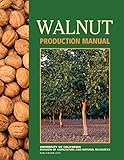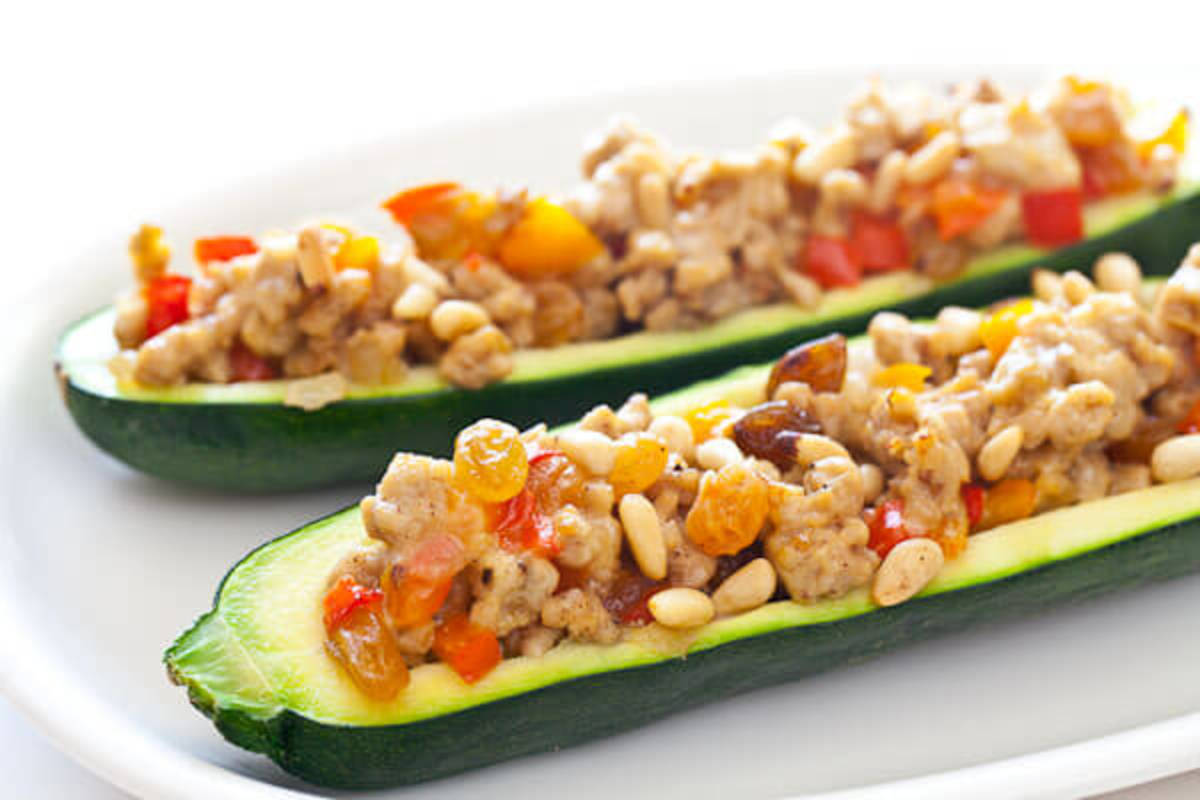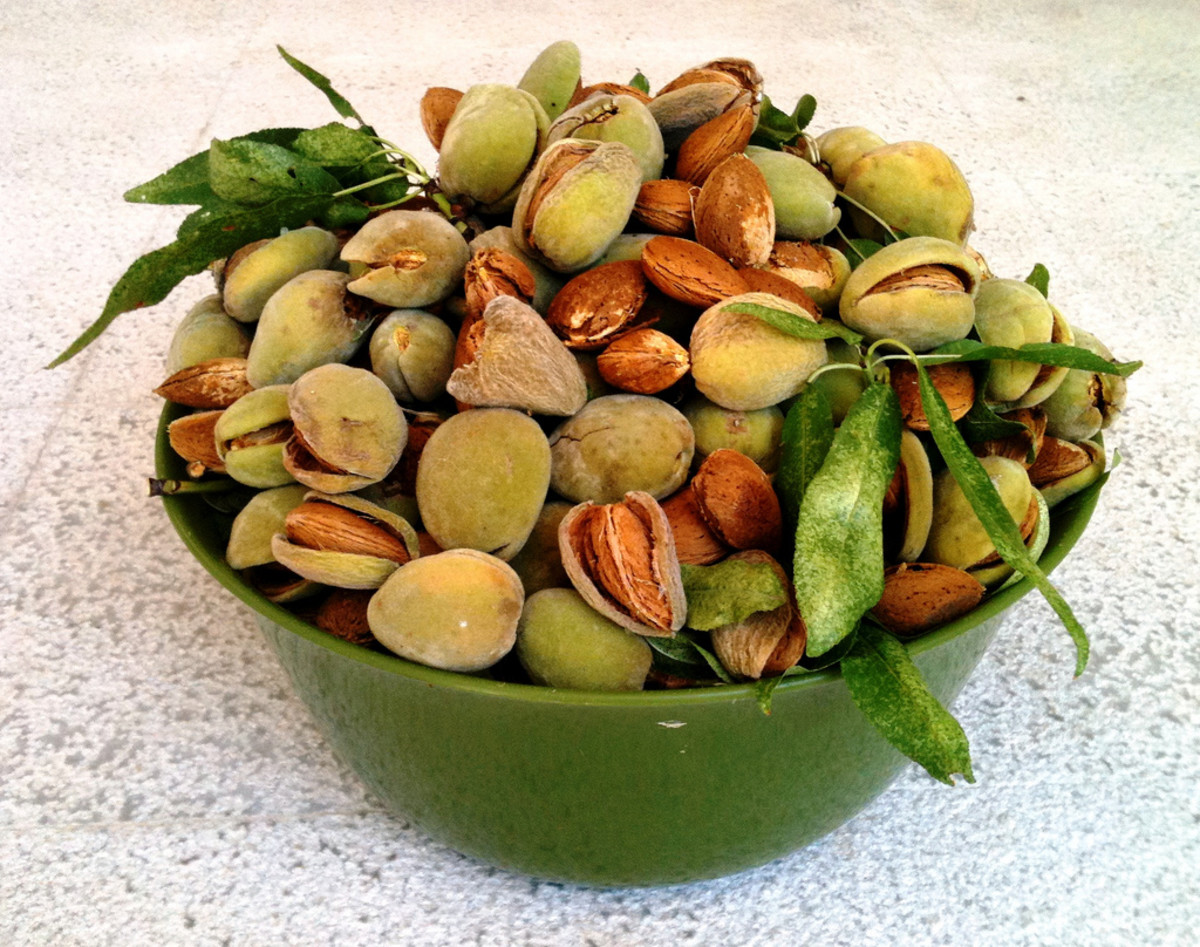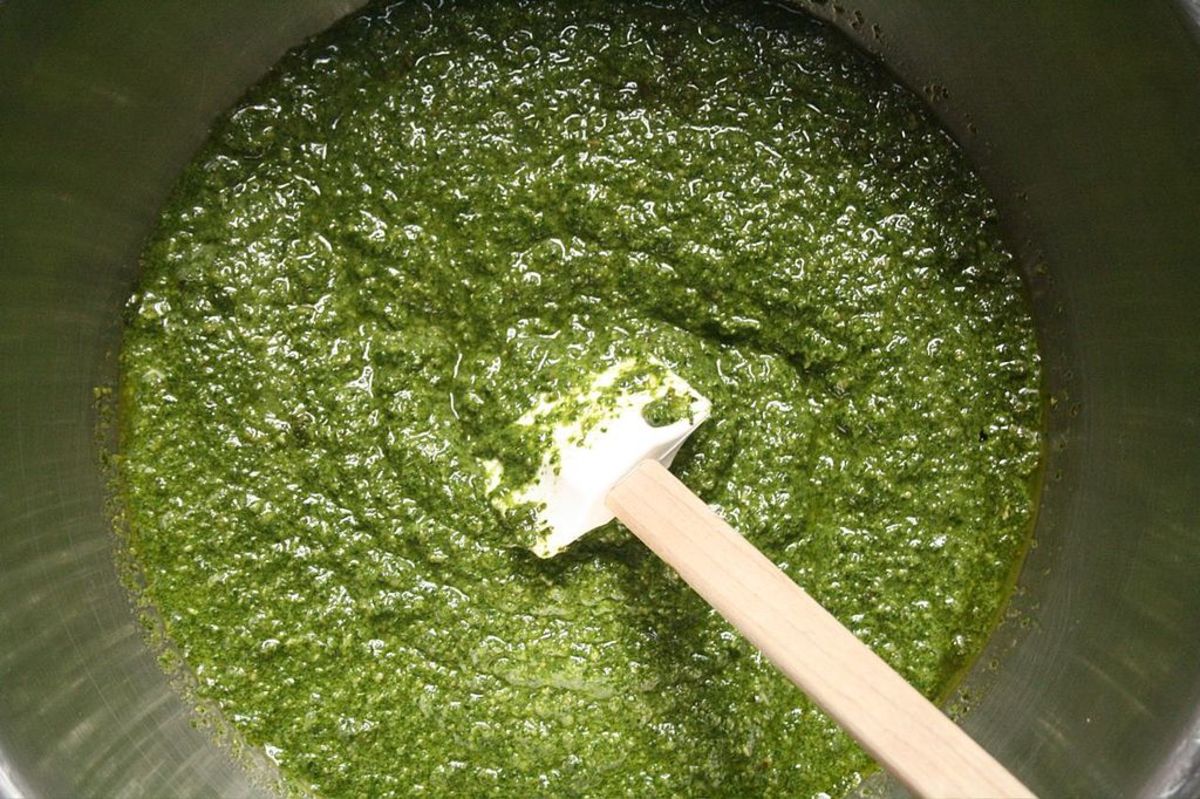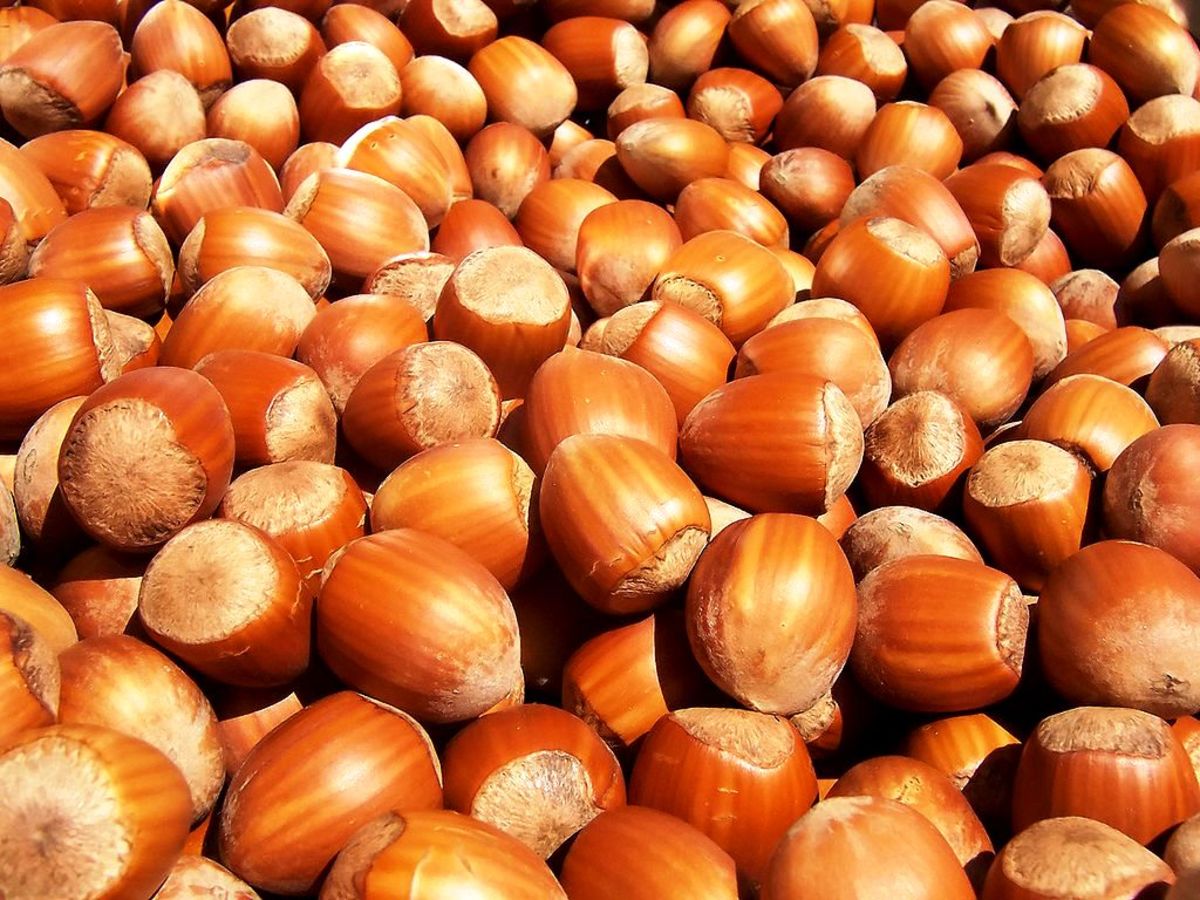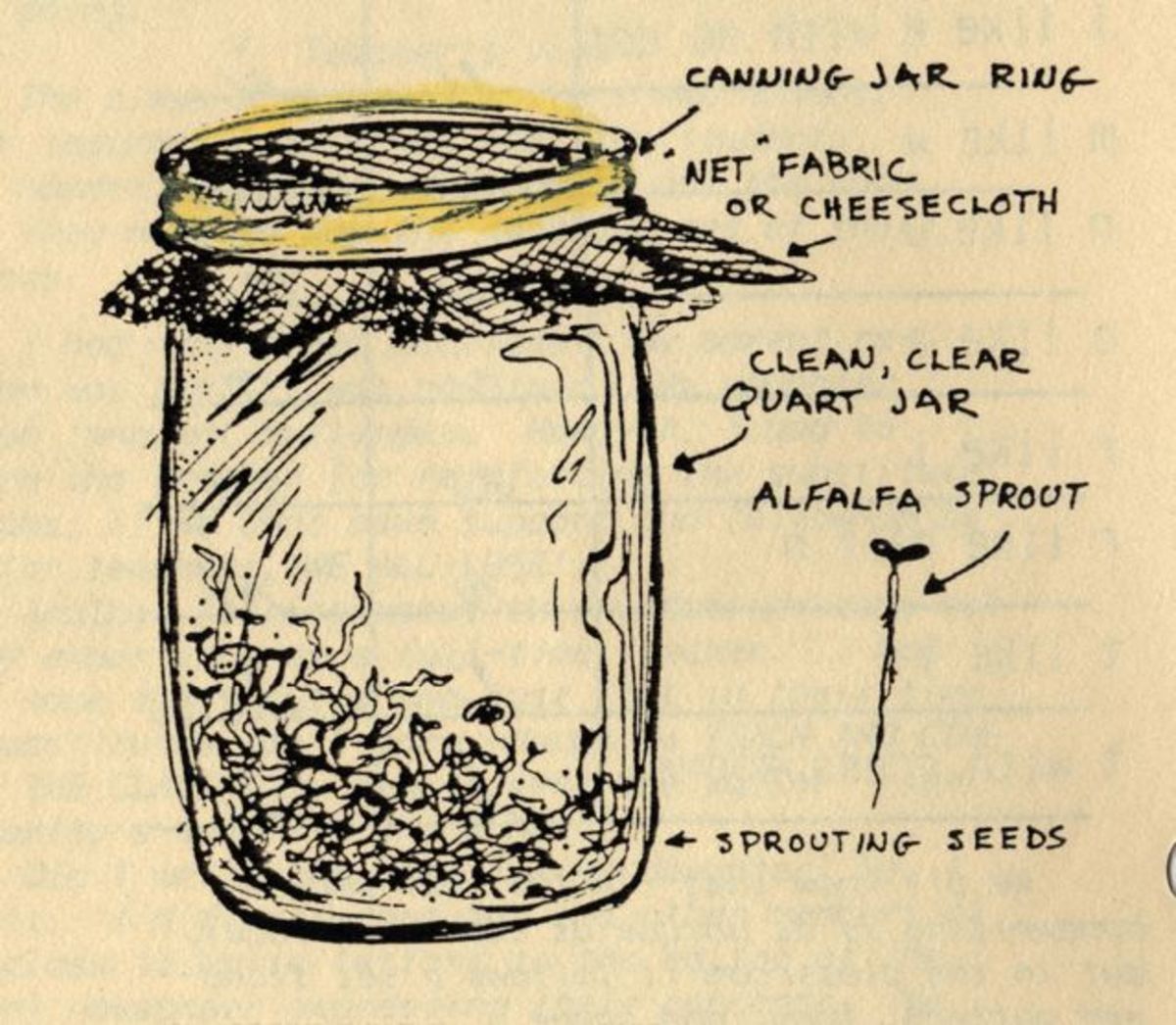The Best Nuts to Eat for Nutrition
Nuts are amongst the most nutritious of foods you can eat. Throughout the years they have been given a bad reputation for being high in calories. As with many things, less is more. Limiting yourself to one ounce of nuts a day will make sure that you are not overdoing the calories and they will fulfil your snack cravings. However, some nuts are better than others in terms of nutrition. Below you will find information on five of the best nuts to eat for nutrition.
When you are peckish there is nothing better than nuts for a nutritious and quick snack. You are not getting any empty calories with nuts like you do with items such as potato chips; in some cases you are getting almost a complete dose of a necessary daily vitamin be eating only one ounce of nuts. Nuts range in calories from 54 for one ounce of chestnuts up to 200 for one ounce of macadamia and pecans.
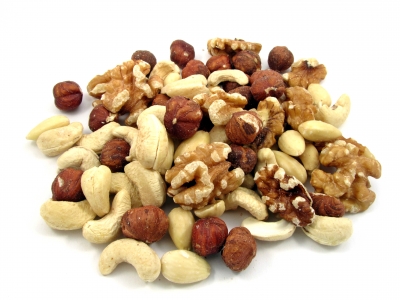
Peanuts are not really nuts
My favorite nuts are cashews, followed by almonds and then walnuts. Cashews are a treat I give myself at Christmas-time. I am not a fan of peanuts, which actually are not a nut but belong to the legume family. I recently found out that since I take thyroid medication I should avoid peanuts because they can interfere with the drug. That is too bad because even though I don't like to eat individual peanuts I do love peanut butter. Thankfully, you can also buy almond and cashew butter which are just as tasty as peanut butter in my opinion.
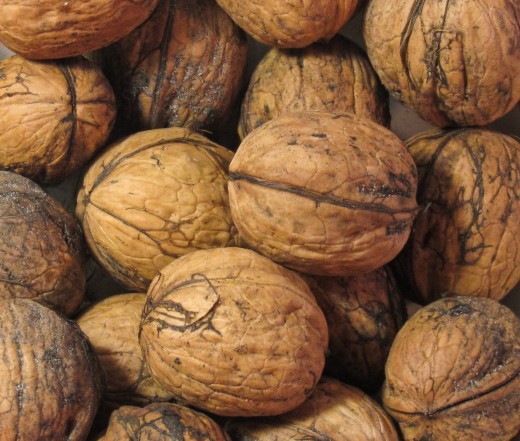
Walnuts
Walnuts are a soft nut encased in a very hard shell; they are probably the reason nut crackers were invented. There are two types of walnuts; black and English. English walnuts got their name from English merchants who helped to spread them around the world; they originally came from Persia. Black walnuts are native to the United States and have slightly thinner shells.
Walnuts contain omega-3 fatty acids; in fact, ¼ cup of walnuts gives you 90% of the recommended daily allowance . They also have antioxidant properties.
One ounce of walnuts has 185 calories and 18 grams of fat. They contain high levels of potassium (125 mg) and of Vitamin C. Walnuts can be ground up and used to thicken soups and stews. Toasting them at 400F for 5-10 minutes enhances the flavor.
Pistachios
Pistachios were long rumored to be an aphrodisiac, supposedly Cleopatra believe this to be true. The pistachio is originally from Persia (which we now call Iran and Iraq).
One ounce of pistachios has 160 calories and 13 grams of fat. They have more monounsaturated fats than other nuts, they contain phytosterols which help to lower blood cholesterol and one ounce of pistachios contains the same amount of potassium as an orange. They are also higher in fiber than many other nuts.
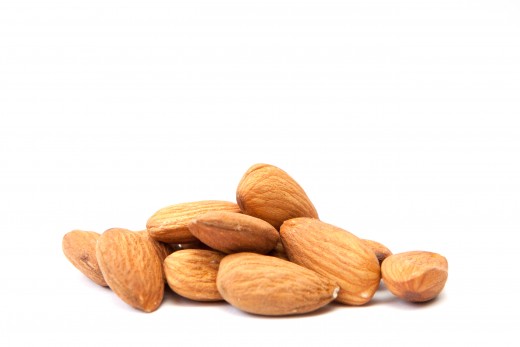
Almonds
Almonds are native to the Middle East and South Asia. The United States is currently the top producer of almonds. It is suggested that people with kidney problems avoid eating them as they can interfere with calcium absorption in the body.
One ounce of almonds has 170 calories and 15 grams fat. With many people being lactose intolerant, almond milk is quickly becoming a substitute for dairy milk. Almonds can also be made into almond butter, which is very similar to peanut butter.
Hazelnuts
Hazelnuts, also known as filberts, are said to have originated in Asia.
One ounce of hazelnuts has 185 calories and 18 grams of fat. They are very high in calcium and contain oleic acid and phytosterols which help to lower bad cholesterol. Hazelnut butter is also a popular substitute for peanut butter; the popular childhood snack spread Nutella is made with hazelnuts and hazelnut is a major ingredient in praline chocolate fillings.
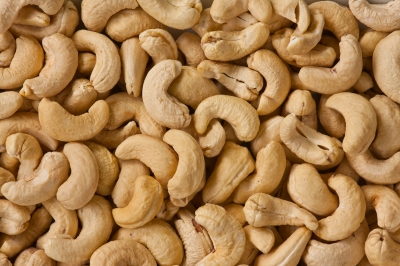
Cashews
Cashews are native to South America and grow in other tropical climates. They were brought to India by Portuguese traders and ground cashews are quite popular in some Indian food dishes such as curries. Currently, the country which tops production of cashews is Vietnam.
One ounce of cashews has 165 calories and 13 grams of fat. They contain oleic acid and have high levels of copper and magnesium. Cashew butter is a good substitute for peanut butter if you are allergic to peanuts. Cashews are sold salted and unsalted.
Did you learn anything from this article?
view quiz statisticsNuts are nutritious snacks
Whichever nuts you choose to eat, you will be getting a healthy dose of the mineral and vitamins that your body needs every day. All nuts can be ground up and added to any dish to add some extra nutrition. They are a great source of fiber which will keep you regular. Just don't eat too many, 1-2 ounces of nuts a day is plenty and will be filling.
Why choose a snack with no nutritional value when you can have some delicious nuts? They may not often be as convenient to buy and prepare as other snacks but any extra effort you make will be well worth it. Your body will thank you for the extra steps you take..
Disclaimer: Please be aware that the advice in this article should in no way replace that of a licensed professional. Consult your doctor or nutritionist for more detailed information.
Sources
- Everything you need to know about nuts - Canadian Living
Your guide to 11 popular nut varieties, plus information about nut allergies and how to include healthy nuts in your diet. - Nuts, grains and seeds chart | Nutrient chart | Vitamins and minerals in common nuts, grains and see
Nuts and seeds chart: nutrition chart with pictures provides an easy cross-reference for vitamin and mineral content in fruits, vegetables, nuts and seeds. - Nuts and your heart: Eating nuts for heart health - MayoClinic.com
Discover how walnuts, almonds and other nuts help lower cholesterol and improve heart health.

